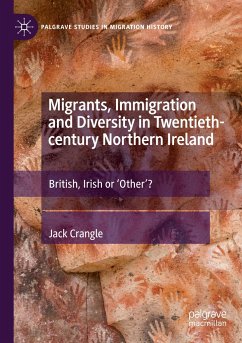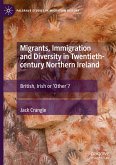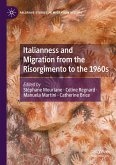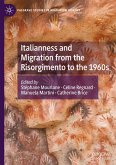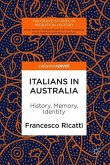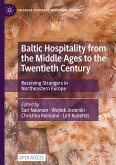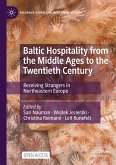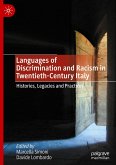Addressing questions about what it means to be 'British' or 'Irish' in the twenty-first century, this book focuses its attention on twentieth-century Northern Ireland and demonstrates how the fragmented and disparate nature of national identity shaped and continues to shape responses to social issues such as immigration. Immigrants moved to Northern Ireland in their thousands during the twentieth century, continuing to do so even during three decades of the Troubles, a violent and bloody conflict that cost over 3,600 lives. Foregrounding the everyday lived experiences of settlers in this region, this ground-breaking book comparatively examines the perspectives of Italian, Indian, Chinese and Vietnamese migrants in Northern Ireland, outlining the specific challenges of migrating to this small, intensely divided part of the UK. The book explores whether it was possible for migrants and minorities to remain 'neutral' within an intensely politicised society and how internal divisionsaffected the identity and belonging of later generations. An analysis of diversity and immigration within this divided society enhances our understanding of the forces that can shape conceptions of national insiders and outsiders - not just in the UK and Ireland - but across the world. It provokes and addresses a range of questions about how conceptions of nationality, race, culture and ethnicity have intersected to shape attitudes towards migrants. In doing so, the book invites scholars to embrace a more diverse, 'four-nation' approach to UK immigration studies, making it an essential read for all those interested in the history of migration in the UK.
Bitte wählen Sie Ihr Anliegen aus.
Rechnungen
Retourenschein anfordern
Bestellstatus
Storno

